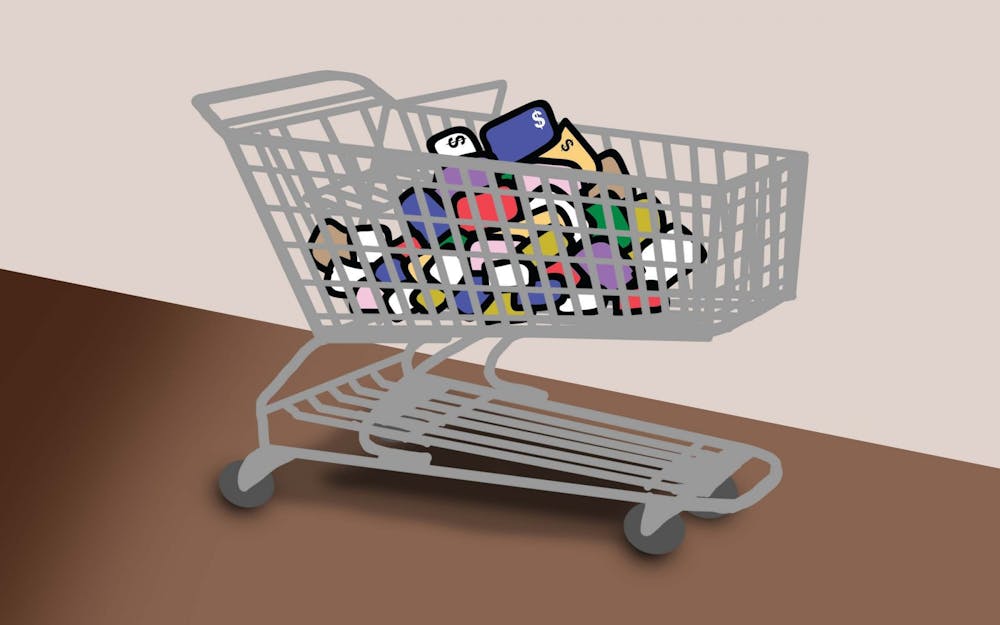IU experts say supply chain issues affecting retail stores this holiday season could cause constraints on the gifts given.
John Talbott, director for the Center for Education and Research in Retail at the Kelley School of Business, said he believes these issues have existed since before the pandemic. He said retailers across the U.S. have been challenged by tariffs on product imports the last three to four years.
The COVID-19 pandemic has worsened supply chain woes due to worker shortages, Talbott said. He said these shortages have made it difficult for companies to produce enough products to meet consumer demands.
Sales on Black Friday and Cyber Monday were already affected by these issues, Talbott said. He said sales on Black Friday were down overall compared to last year, but Cyber Monday sales were higher than 2020, although still lower than pre-pandemic numbers.
Talbott said big retailers with heavy online presences also did well during the Thanksgiving week, but they did not reach pre-pandemic sales levels.
Buying gift cards from local, smaller stores is one solution for consumers, Talbots said. These stores are more likely to be hit by a lack of supply.
“For smaller retailers, it is a way to capture demand and prevent business from going somewhere else,” he said about gift card sales.
Consumers have grown used to instant gratification when they want to purchase a product, Talbott said. He said with the issues retailers are facing, it might be better for consumers to lower their expectations.
Mohan Tatikonda, a supply chain management professor at the Kelley School of Business at IUPUI, said retailers' supply chains were not set up to withstand the disruptions caused by the pandemic. Tatikonda said these disruptions are caused by a mismatch between supply and demand.
This mismatch is caused by the limited amount of supply and the number of workers available, Tatikonda said.
Ordering early and ahead of time is one way to combat this effect, Tatikonda said. He said those who wait to purchase will find straight-forward answers on retailers’ websites about the availability of the products they desire.
Consumers may have to rely on substitutes like gift cards if they are not able to obtain their first product choice, Tatikonda said.
“If you can’t get something now, maybe you will wait,” he said. “A gift card essentially allows you to do just that.”
Kent Rerko, an operations and decision technologies lecturer at Kelley, said the pandemic has led to more irregularities in consumer demand, making it difficult for retailers to gauge consumers’ behavior.
Retailers are encouraging consumers to order earlier to ensure they get their demanded products, Rerko said. He said one category consumers may want to lock down sooner rather than later is electronics because of a global microchip shortage, which impacts products from gaming consoles to automobiles.
Finding products like electronics might be difficult for consumers, so they may need to substitute the product for a different brand, Rerko said.
“It is all about businesses and consumers being flexible and proactive,” he said. “This way consumers can find something similar to what they hoped to buy.”




